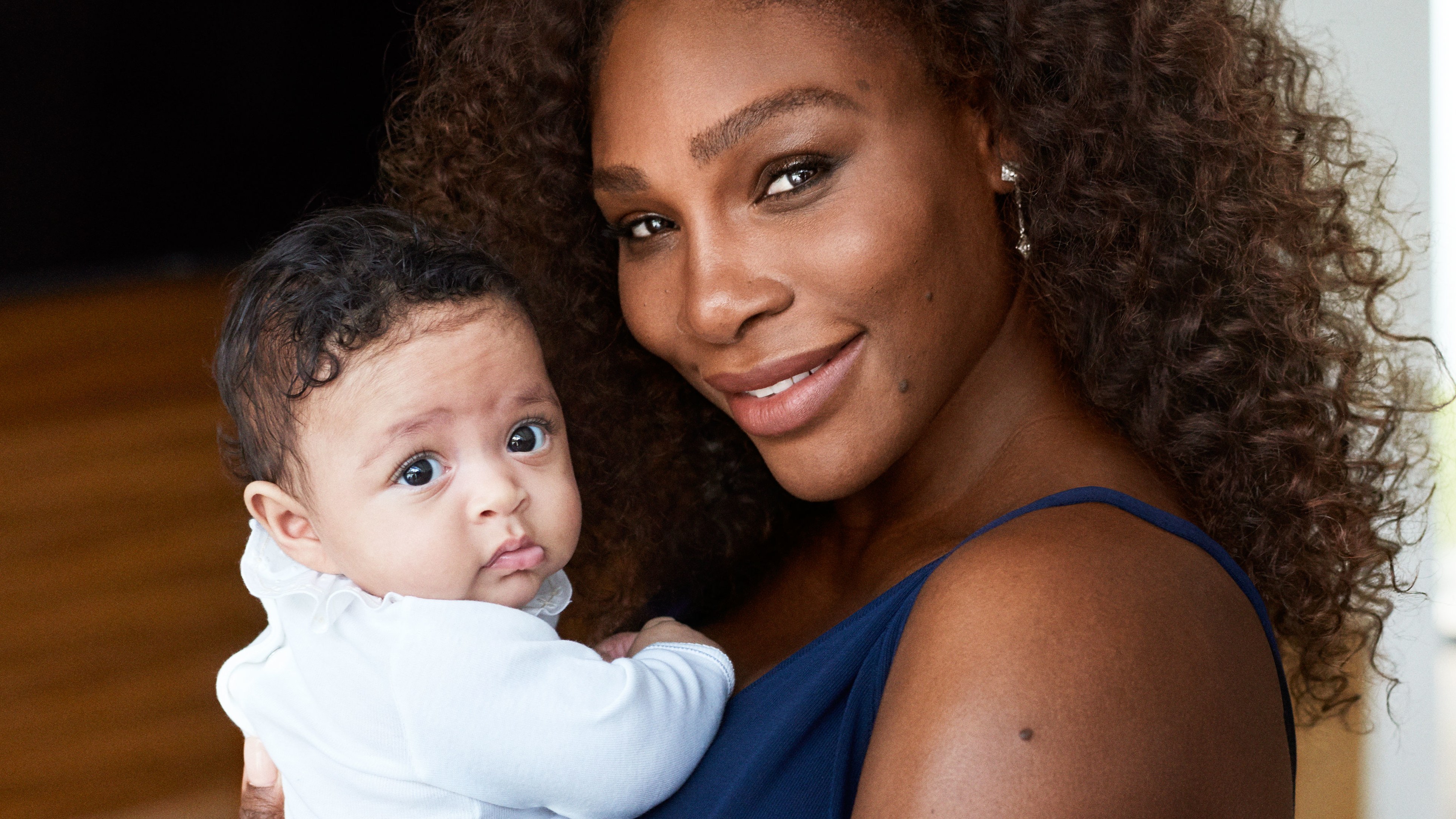Birthing Black Women Should Not Have to Save Their Own Lives
by Timil Jones
Last year I became a doula. I wasn’t looking to make a career change. I love what I do, helping women of color build wealth through real estate, but I felt called to become a birth worker because of the Black maternal mortality crisis in this country. Headline after headline kept coming through my social media newsfeed. They each revealed a horrifying reality: "The quiet crisis among African Americans: Pregnancy and childbirth are killing women at inexplicable rates," "A Matter Of Life & Death: Why Are Black Women In The U.S. More Likely To Die During Or After Childbirth?," "Maternal mortality rates are ‘stunningly high’ for black women in Texas," and
“Nothing Protects Black Women From Dying in Pregnancy and Childbirth.” This ProPublica headline isn’t clickbait, in fact, it’s required reading for anyone interested in learning the real and dangerous implications of structural racism.
Today we thank God that Serena Williams, a national treasure and certified alchemist of #blackgirlmagic, didn’t suffer the same fate as the sisters we have lost. In the February cover story of Vogue Magazine, Serena reveals that she had an emergency c-section due to an extreme drop in her blood pressure during contractions.
The surgery went well, but the aftermath was frightening.
After the successful delivery of her first born, Alexis Olympia Ohanian, Jr., Williams experienced complications due to a pre-existing condition. The pulmonary embolism that forced her into a one year tennis hiatus was impacting her recovery. She knew exactly what her body needed, and told the hospital staff. She asked for a CT scan with contrast and a Heparin IV drip. They came back with a Doppler to perform an ultrasound on her legs Ultimately, Serena was correct. Williams presumes the hospital staff probably thought medication she was on was making her overreact. But the statistics and studies surrounding black maternal mortality and morbidity, and African-Americans and healthcare generally, show us that dismissiveness of black pain in hospitals and healthcare settings is quite common. For example, a 2016 study conducted by the University of Virginia and published in the Proceedings of the National Academy of Sciences, showed that white patients are more likely than black patients to be prescribed strong pain medications for equivalent ailments.
But being that she IS Serena Williams, I’m sure she commanded a certain respect and attention. As Black birthing women, and anyone who serves them, we need to advocate for that same level of respect and care.
We can begin by empowering ourselves with knowledge about our bodies and medical conditions. Serena knew medical details, and jokingly referred to herself as “Dr. Williams.” This may feel tedious, but medical records aren’t always at the ready. Have important information like diagnoses, current medications, and medical history packed in your hospital bag.
Timil Jones is an entrepreneur, doula, and mom of 3. She writes about money and motherhood.

No comments: